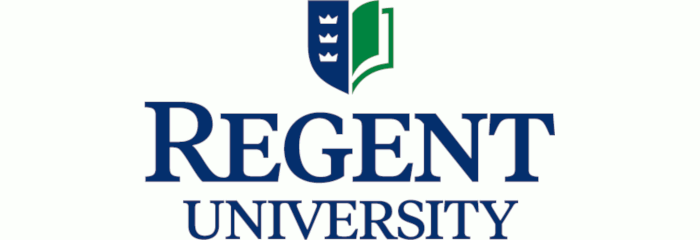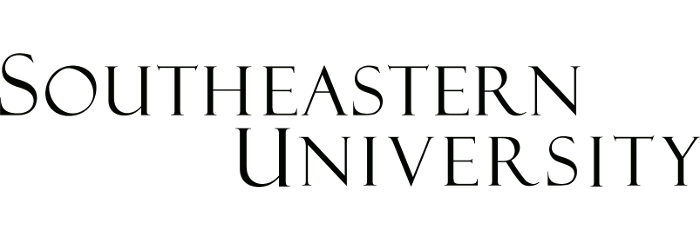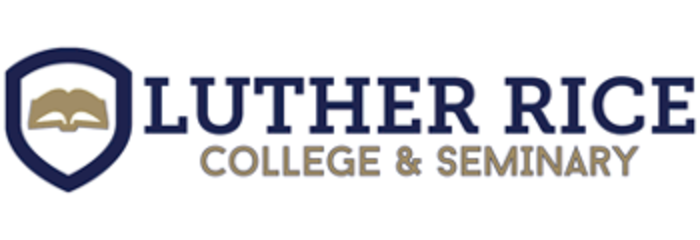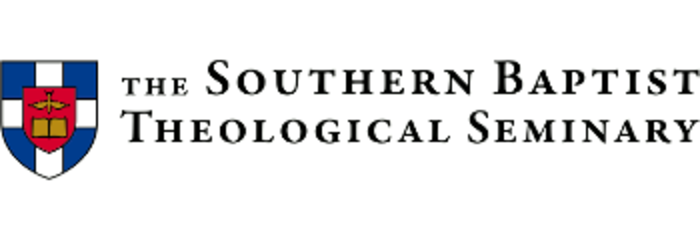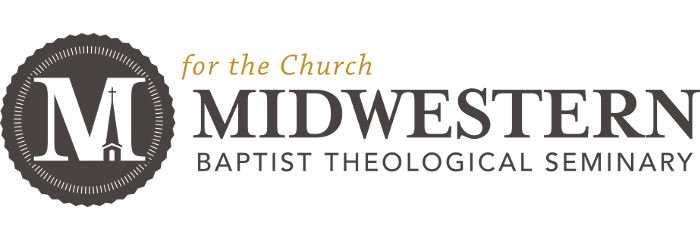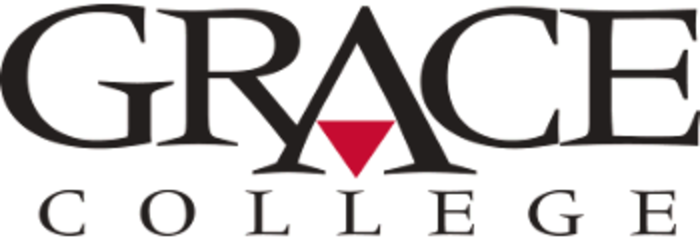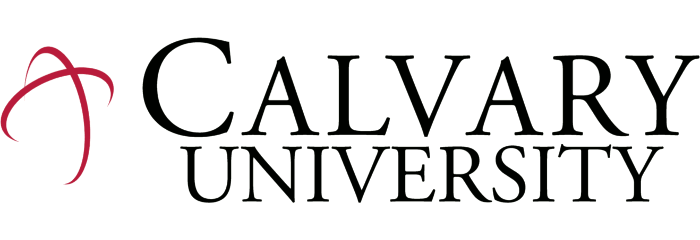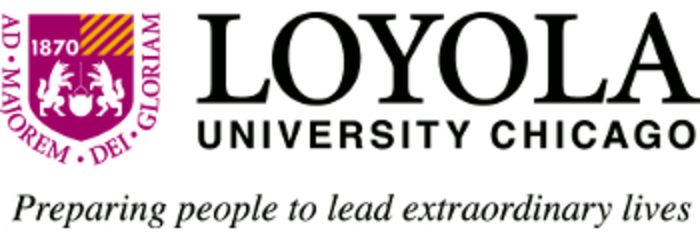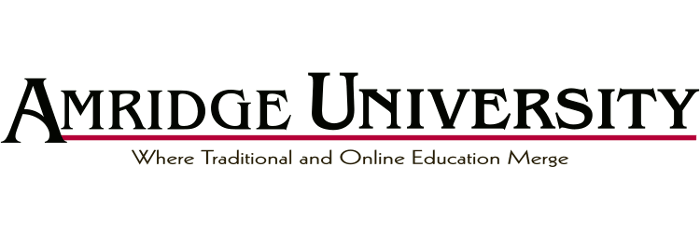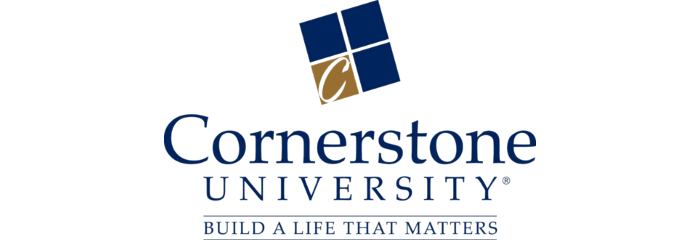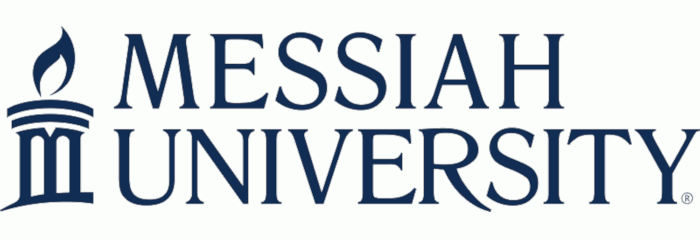
An affordable Christian counseling master’s degree online provides a flexible way to combine psychological insight with faith-based guidance, preparing graduates to support individuals through a spiritual lens. These fully online programs explore theology, pastoral care, and counseling ethics, helping students serve in churches, private practices, or nonprofit settings.
Key Takeaways:
- Liberty University ranks #1 for affordability, offering a master’s in pastoral counseling online with a yearly tuition of $5,500.
- Charlotte Christian College offers a personalized learning experience with a 4:1 student-to-faculty ratio and holds the #20 spot for affordability.
- Dallas Baptist University earns a 92% recommendation rate.
- Loyola University Chicago graduates earn a median salary of $47,578, placing it in the top half nationally among peers while ranking #14 in affordability.
All schools featured offer fully online, accredited degrees with transparent tuition rates. We manually verify tuition data to ensure accuracy — read our full methodology for details.
2025 Most Affordable Online Master's Degree in Christian Counseling
ADVERTISEMENT
Online Christian Counseling Master's Degrees You May Be Interested In
Annual Tuition: $8,475
18 Programs ( view all )
Annual Tuition: $11,124
2 Programs ( view all )
Annual Tuition: $17,828
8 Programs ( view all )
Online Master's in Christian Counseling Program Overview
A master's degree in Christian counseling is designed for students who want to provide mental health and behavioral support from a faith-based perspective. Enrollees learn the principles of psychology, Christian ethics, social sciences, and theology so they can adopt church-approved approaches when treating patients for relationship, behavioral, sexual, and substance-related challenges. Interested students can earn an affordable online Christian counseling degree, allowing them to complete their coursework at flexible times while keeping costs down.
If you're applying to a master’s program in Christian counseling, you'll need to detail your academic and work history. Most graduate-level programs require the following:
-
Bachelor’s degree transcripts from your undergraduate institution, showing a minimum GPA of 2.5-3.0
-
A personal reflective essay or answers to a series of essay questions about your faith and professional goals
-
Letters of recommendation from professors or experienced mentors
-
A resume of relevant experience
Since a Christian counselor engages in ministry, you may need to profess faith in a particular denomination during your application process. Most institutions granting these degrees are affiliated with a specific branch of Christianity. Additionally, your institution may ask that you pledge commitment to your chosen school's code of conduct.
The length of an online Christian counseling master's degree can vary based on whether it leads to professional counseling licensure. Most non-licensure programs last 36 credit hours and take about two years of full-time study to complete, whereas licensure options take up to 60 credits and can last four years. Christian counseling degree programs that lead to licensure require 2,000-4,000 clinical counseling hours in a supervised professional setting, depending on the state. Some non-licensure programs also require supervised hours, though this is uncommon and hours vary by program.
Since a Christian counselor engages in ministry, you may need to profess faith in a particular denomination during your application process.
What Degree Do You Need to Be a Christian Counselor?
Since Christian counseling is unregulated, there are no absolute degree requirements to work in the field. Some employers may hire a Christian counselor who only has an undergraduate degree, whereas others require a master's degree. Similarly, some employers may prefer to hire an applicant whose degree program required supervised clinical hours, and others may be satisfied that a degree included a research practicum course.
Christian Counseling Licensure
Because Christian counseling is rooted in religion, there are no state-mandated guidelines for practicing in the field and scarce regulation. Earning the licensed professional counselor (LPC) credential requires a graduate degree from an accredited institution, at least 3,000 supervised clinical hours, and a passing score on the (NCE) or state equivalent. Only a few master's and doctoral programs in Christian counseling are designed to lead to licensure as LPCs.
Because Christian counseling is rooted in religion, there are no state-mandated guidelines for practicing in the field and scarce regulation.
Notably, even graduates of non-licensure Christian counseling programs may obtain a license as a pastoral or Christian therapist — as opposed to an LPC — through the (NACC). If you want NACC certification, you'll need to pay a nominal fee, provide proof of a master’s or doctoral degree, and complete the NACC Board Certified Christian Counselor Program. This alternate form of licensure is not regulated by any state body. Although NACC licensure cannot bestow the title of LPC, graduates of the program can call themselves a "Christian counselor" or some variation.
Common Master’s Degree in Christian Counseling Courses
A master's in Christian counseling is intended for individuals who have faith in Christianity and want to help others improve their mental health. Courses in the field intertwine these themes by teaching biblical knowledge and religious practice alongside counseling techniques and insights from psychological research. Below are some courses that are often included in an online master's program in Christian counseling.
Aging and End-of-Life Issues
Many older adults and their families need counseling support as they experience late-life changes and begin to contemplate the end of life. This course teaches students to address these issues from the viewpoint of Christian ministry. Topics include government policies relating to aging and end of life, the secular human services industry, and a cross-cultural comparison of these experiences.
Crisis Counseling
In this course, students learn Christian-based methods for counseling clients in crisis, ranging from divorce to the sudden loss of a loved one. Students also learn the crisis intervention process as well as biblical principles applicable to crisis situations. Faculty may also emphasize the spiritual questions that patients commonly have in reaction to life crises and trauma.
Human Sexuality
At a Christian school, a course on human sexuality examines sexual relationships from a biblical perspective. Coursework also explores how culture, family and peers, psychology, and biology influence individuals’ sexuality. Students learn how to use a biblical lens in order to view a broad range of questions surrounding sexual identity and behavior.
Marital Counseling
Students in this course learn to counsel couples at all relationship stages. The coursework typically covers common issues from a Bible-centered perspective: finances, parenthood, family dynamics, communication, and conflict resolution. Professors train students to work through these issues with their clients.
Principles of Christian Counseling
This course explores the professional values and clinical procedures used to counsel patients through the lens of biblical studies. Students learn effective methods for assessing patients, gathering information, and counseling. The coursework often covers appropriate Christian approaches for dealing with some of the most common challenges, such as grief, anxiety, depression, and conflict.
Online Master's in Christian Counseling Careers
Christian counseling graduates can pursue various career paths. Counselors earn , but data on unlicensed Christian counselors remains insufficient. Therefore, while the (BLS) is used when possible, the salary and job growth information remains uncertain for most careers listed below.
Chaplain
Ordained ministers may work as chaplains to provide biblical counseling in select non-parochial spaces. Certain prisons, businesses, and sports associations allow chaplains to meet with people interested in counseling. The military also employs chaplains from a variety of faiths, but they're required to be uniformed service members with an officer's commission. Chaplains are members of the clergy, who earn median annual wages of .
Church Counselor
Lay counselors may find employment at churches, where they conduct individual, group, or family counseling sessions with community members. They work closely with administrative staff to schedule appointments and advise ministers on the congregation’s needs.
Life Coach
Life coaches help clients develop plans for improving aspects of their lives that they find dissatisfying. As a self-employed life coach, an alumnus with training in behavioral science can develop a roster of clients or work in a rehabilitation/residential care organization with a Christian worldview. Businesses often hire life coaches to provide services for executives or recently terminated employees. Interested professionals can pursue further training and certification through the .
Nonprofit Organization Counselor
Employees of religious-affiliated non-profit organizations can apply their mental health counseling skills in a variety of human services fields, such as disaster relief, Christian ministry, or mission work. Disaster-relief counselors often work abroad, helping people affected by disasters to process their trauma. Some domestic non-profits also offer faith-based counseling to their communities, including outreach to local high schools or colleges.
Substance Abuse and Addictions Counselor (unlicensed)
Addiction counselors help clients confront and overcome dependency on chemical substances, harmful sexual behavior, and/or eating disorders. Christian counselors provide a Christian perspective on these issues as they encourage healthy lifestyle changes. They could work in a private practice, church-affiliated counseling center, or non-profit. Graduates from a licensure program may be able to pursue certification as an addiction counselor in their state, though this is rare for Christian counselor programs. Interested applicants can find licensure information for their state by contacting their regional center of the .
Accreditation
When choosing a master's degree program, prospective students should only consider schools that are institutionally accredited. This means that an independent organization has certified that the school meets specified quality standards for curricula, faculty, and student support.
Sometimes, individual degree programs are accredited by an independent body affiliated with a particular industry. However, there is no recognized authority granting program accreditation for Christian counseling master's degrees. The (CACREP) accredits master's degrees in several types of counseling, but Christian counseling isn't among these.
Is an Online Master’s Degree in Christian Counseling Worth It?
A master's degree is a substantial investment without a guaranteed payoff — no matter what subject you study. Every individual should weigh the advantages and costs according to their circumstances and goals. However, an online master's degree in Christian counseling may be worthwhile for those who want to help others in faith communities and have the means to pursue an advanced degree. Here are some benefits and drawbacks to consider:
Potential Benefits
-
Although the BLS doesn't distinguish Christian counselors from other mental health counselors, the total through 2032. This indicates that counselors will likely have job security.
-
A master's in the field prepares students to pursue specialized, non-regulated licensing through the or certification through the .
Potential Drawbacks
-
Most online master's degrees in this discipline are non-licensure programs. Therefore, some graduates would need to earn a different master's degree if they later want to become an LPC.
-
Mental health counselors are prone to and professional burnout from helping people in crisis day after day.
In conclusion, pursuing a master’s degree in Christian counseling online can be a highly rewarding path for those seeking to integrate their faith with their professional aspirations in counseling. The flexibility and faith-based curriculum are significant advantages, providing students with the opportunity to balance their studies with other life responsibilities while preparing them to serve in faith-based settings. However, prospective students should carefully weigh these benefits against the potential drawbacks. Ultimately, the decision should be based on individual goals, learning preferences, and career aspirations, ensuring that the chosen program meets both professional and personal needs.
Funding an Online Master’s Degree in Christian Counseling
Many financial aid sources help mitigate educational costs for those who want to pursue an online Christian counseling degree at the lowest possible cost. For counseling and behavioral health students, a diverse array of scholarships, fellowships, and grants are available from federal, state, school, and private sources. These types of aid are beneficial because students do not have to repay them, which could lower their student debt in the long run.
On the other hand, student loans are available from a variety of sources, but they require repayment with interest. Federal loans are generally preferred because they typically have lower interest rates and better repayment terms.
Students who plan to enroll in an online program at an accredited school can apply for most types of financial aid by completing the Free Application for Student Financial Aid (FAFSA) form. The federal government and all higher education institutions use the information provided on the FAFSA to decide a student’s eligibility for financial aid and the amount. Most colleges use this form for the same purpose and notify students about any financial assistance offers after enrollment.
Students who plan to enroll in an online program at an accredited school can apply for most types of financial aid by completing the Free Application for Student Financial Aid (FAFSA) form.
In addition to government aid, Christian counseling students can apply for funding specific to their field. Many individual churches and larger church organizations, such as the Episcopal Church and the Antiochian Orthodox Christian Archdiocese, provide educational assistance for church members. Schools may also offer institutional grants or scholarships to enrolled students, while generous alumni sometimes endow scholarships for those attending their alma mater.
Student Reviews of Online Christian Counseling Programs
I have attended GCU for my Bachelors as well as my Masters. I had to change my major right now and will push out my grad date. GCU is a great college and have been an awesome learning experience. Because they are a Christian college all classes are taught with a Christian worldview but can also benefit those that are not Christian. I have a 3.9 and because of doing my degrees online it has been easy to fit into my busy schedule.
Review Date: 3/28/2017
Would Recommend: Yes
Helpful for Career: No
As a mom of 3 with a full-time job, a home, and all the responsibilities that come with being a wife, parent and adult in general, the idea of earning my master's degree seemed very daunting. After speaking with a friend, who also attended Liberty, I decided to apply. The application was extremely easy and the advisers got in touch with me quickly. Within a week, I had my degree plan and was filling out my FAFSA for school. Because the university has a large online program, their online resources... Read More
Review Date: 3/4/2017
Would Recommend: Yes
Helpful for Career: Yes
It is a do it yourself degree. You read the material and write a paper then you wait forever for anyone to respond to your work. Sometimes the grade for a paper will take 3 weeks to get a grade so what good is the feedback if it is not given during the week you do it. Why do they even have professors- just have a computer grade the work? You will get an "A" if you turn it in on time. That is the only requirement.
Review Date: 12/3/2018
Would Recommend: No
Helpful for Career: No
Grand Canyon works well for those working full time while going to school. They help with curriculum as well as classes being small. It is a Christian college that allows those of faith be open and honest. Financial and student services are great as well as cost.
Review Date: 9/28/2017
Would Recommend: Yes
Helpful for Career: Yes
Grand Canyon works well for those working full time while going to school. They help with curriculum as well as classes being small. It is a Christian college that allows those of faith be open and honest. Financial and student services are great as well as cost.
Review Date: 9/28/2017
Would Recommend: Yes
Helpful for Career: Yes
I am like Fox Mulder, I want to believe, I really do. Overall I am very grateful for the education I received here, the teachers for the most part were good. My problems are with the administration in general. My advisor was AWOL for most of my time at OCU and when I called the answers center they defended her as being "busy". It sounded like either the person was incredibly lazy or overwhelmed not at all what I expected from the alammater of leadership expert John Maxwell. I had to practically harass... Read More
Review Date: 11/29/2016
Would Recommend: Yes
Helpful for Career: Yes
I really loved GCU. If you are a religious/spiritual person who wants to integrate that into your education, GCU is a great school to look at. I did all online for my program, and it was great for me. Online programs are not for everyone, though, so it's important to keep that in mind when looking at certain programs at this school. All my advisors were really good about aiding me when I needed it and making sure that my experience is a smooth one. I enjoyed my time at GCU, and I believe anyone who... Read More
Review Date: 3/30/2015
Would Recommend: Yes
Helpful for Career: Yes
As an online student I appreciate how easy the online component is to navigate and the quality of instruction. I have never felt like I was a lesser student because I was online. The professors are thorough with their feedback and always prompt when responding to emails or discussion board questions. For one of my classes I did have to be on campus for a week and that was a wonderful experience. The campus is beautiful with a lot of amenities for students to enjoy. The buildings are not dated and... Read More
Review Date: 4/5/2017
Would Recommend: Yes
Helpful for Career: No
Moody Bible Institute and Moody Theological Seminary represent a wonderful place where growth takes place inside and outside the classroom. One of the most impactful experiences consists of being part of a great multicultural community of students, and seeing the God and the world through so many eyes from all the continents. The professors are high quality and both their teaching and their friendliness are life-transforming. Most importantly, I believe God is honored through the academic and ministry-oriented... Read More
Review Date: 2/27/2019
Would Recommend: Yes
Helpful for Career: Yes
Carolina Christian College is a college that teaches you the Bible and all types of Christianity. The professor are very knowledgeable in the word of the Lord. It is very interesting learning about the different women and men of the Bible. I have a lot to learn and it would help a lot financially to get a scholarship to help with my financial expenses.
Review Date: 11/6/2016
Would Recommend: Yes
Helpful for Career: No
Cairn University is previously known as Philadelphia Biblical University. This school is filled with kind, caring and knowledgeable staff. They have assisted me in ways that I never would have imagined including praying for me. In fact, the professors pray at the beginning of each class which really helped me to understand how important it is for students to succeed. The school is an excellent choice for folks who would like to become equipped to work in both spiritual and secular settings. Attending... Read More
Review Date: 3/27/2017
Would Recommend: Yes
Helpful for Career: Yes



